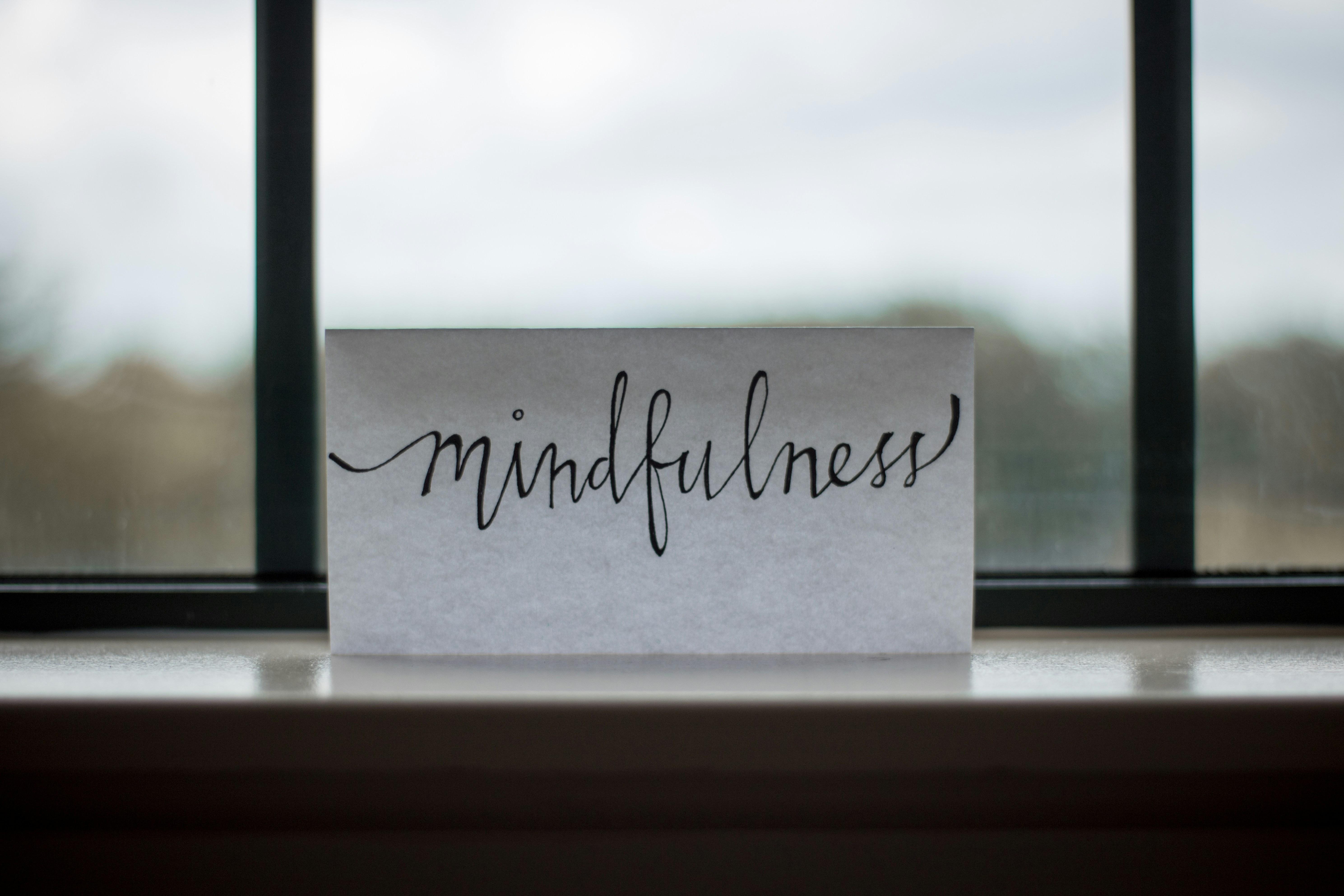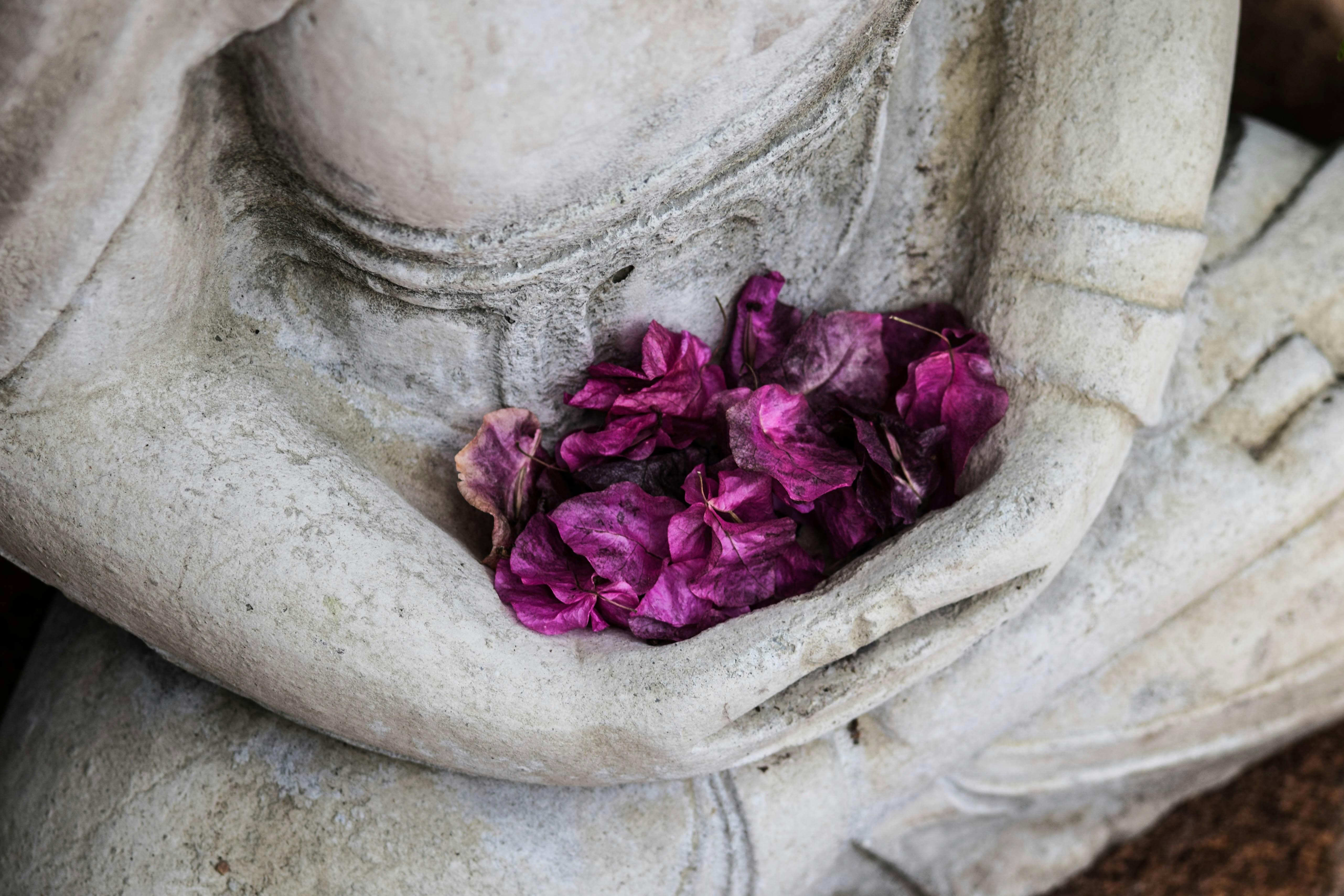In the quiet spaces between breaths, where thoughts gently settle like leaves on a still pond, lies a transformative journey few dare to embark upon: the path to forgiveness. As ancient as the human heart itself, forgiveness is a powerful, yet often elusive, force capable of unshackling us from the chains of past grievances. But how does one truly navigate this intricate terrain? Enter the world of meditation—a practice that serves as both compass and guide on this profound voyage. In “,” we explore how the art of mindful contemplation can illuminate the way forward, offering solace and clarity to those seeking release from the burdens of resentment. Through a harmonious blend of ancient wisdom and modern insights, this article invites readers to discover how meditation can be a gentle catalyst for healing, fostering a deeper understanding of both self and others. Join us as we delve into the serene depths of the mind, uncovering the tools and techniques that can transform the seemingly insurmountable into the beautifully attainable.
Unlocking Inner Peace through Mindful Reflection
Embracing the transformative power of meditation can illuminate the path to forgiveness, a journey often fraught with emotional complexity. In the gentle silence of mindful reflection, we find the space to explore our feelings, disentangle our thoughts, and ultimately, liberate ourselves from the burdens of past grievances. As we delve deeper into meditation, we are encouraged to observe our emotions without judgment, allowing us to understand the roots of our anger and pain. This compassionate self-awareness fosters a sense of empathy, not only towards ourselves but also towards those who may have wronged us.
- Self-Compassion: Cultivate a forgiving heart by first forgiving yourself. Recognize your own imperfections and embrace them with kindness.
- Empathy Development: Through meditation, nurture an understanding of others’ perspectives, fostering a more profound sense of empathy and connection.
- Release of Control: Letting go of the need to control outcomes can lead to a more peaceful acceptance of past events.
These insights, drawn from meditative practice, encourage us to approach forgiveness as a process rather than a singular event. By nurturing these qualities within ourselves, we unlock a reservoir of inner peace that can transform our relationships and our lives.

Cultivating Compassion: The Heart of Forgiveness
At the core of genuine forgiveness lies a profound ability to understand and share the feelings of another. This journey is often nurtured through meditation, where one learns to quiet the mind and open the heart. Through regular practice, meditation offers insights into the intricate dance between pain and empathy, helping us to release grudges and embrace a more compassionate perspective. It becomes clear that forgiveness is not about condoning hurtful actions but about freeing oneself from the shackles of resentment.
- Mindful Breathing: Focus on each breath to cultivate presence and awareness.
- Loving-Kindness Meditation: Direct positive thoughts and intentions towards those who have wronged you.
- Reflective Journaling: Write down your emotions to understand and process them deeply.
- Guided Imagery: Visualize releasing negativity and embracing compassion.
These practices are pathways to nurturing a heart that is both resilient and forgiving. By delving into meditation, we gradually dismantle the barriers that prevent us from experiencing and expressing compassion, ultimately leading us to a place where forgiveness flows naturally.

Guided Practices for Emotional Release
Engaging in guided practices offers a profound pathway to release deeply held emotions and cultivate a space for forgiveness. Meditation, as a tool for emotional liberation, encourages individuals to explore their inner landscapes with gentle awareness. During these sessions, participants are invited to focus on their breath, which acts as an anchor, grounding them in the present moment. This practice fosters a safe environment where emotions can surface without judgment, allowing for genuine acknowledgment and eventual release.
- Mindful Breathing: A practice that centers on the rhythmic flow of inhalation and exhalation, aiding in calming the mind.
- Body Scan: Guides individuals to notice sensations and tensions within their body, promoting relaxation and emotional awareness.
- Visualization: Encourages the creation of mental imagery that symbolizes letting go, fostering a sense of emotional freedom.
- Mantra Repetition: Utilizes affirming phrases to shift focus away from negative emotions, inviting peace and acceptance.
By integrating these practices, one can slowly unravel the layers of emotional pain, paving the way towards a more forgiving heart. Through consistent engagement, the journey of meditation not only aids in emotional release but also cultivates resilience and compassion towards oneself and others.

Embracing Imperfection on the Journey to Healing
In our quest for healing, embracing imperfection becomes a pivotal aspect of the journey. Meditation teaches us to observe our thoughts and feelings without judgment, allowing us to acknowledge our flaws as part of the human experience. This acceptance of imperfection can be liberating, as it encourages us to release the unrealistic expectations we often hold for ourselves and others.
- Self-Compassion: Recognize that everyone makes mistakes and deserves forgiveness, including yourself.
- Mindful Acknowledgment: Observe your imperfections without attaching negative emotions or self-criticism.
- Letting Go: Understand that holding onto guilt or resentment only hinders your path to healing.
By embracing our imperfections, we create space for growth and transformation. The path to forgiveness becomes clearer when we accept that imperfections are not barriers but rather stepping stones towards a more compassionate and understanding self.
Wrapping Up
As we draw the curtains on this exploration of forgiveness through the lens of meditation, we find ourselves standing at the threshold of a transformative journey. Forgiveness, often seen as an elusive virtue, emerges not as a distant destination but as a path we walk with mindful intention. Through the gentle practice of meditation, we learn to peel away the layers of resentment and hurt, revealing the tender heart beneath, eager to heal and be healed.
In embracing forgiveness, we do not condone or forget the past; rather, we release its hold on our present, allowing ourselves the freedom to breathe anew. Meditation becomes our guide, a silent companion illuminating the way with insights that are both profound and simple. It invites us to sit with our emotions, to understand them, and ultimately, to transcend them.
As you step away from these words and back into the rhythm of daily life, carry with you the understanding that forgiveness is a practice—a continuous unfolding rather than a singular act. Let the insights from meditation serve as a gentle reminder that within each moment lies the potential for peace and reconciliation. May your path to forgiveness be one of compassion, both for yourself and others, and may it lead you to a place of profound inner freedom.
